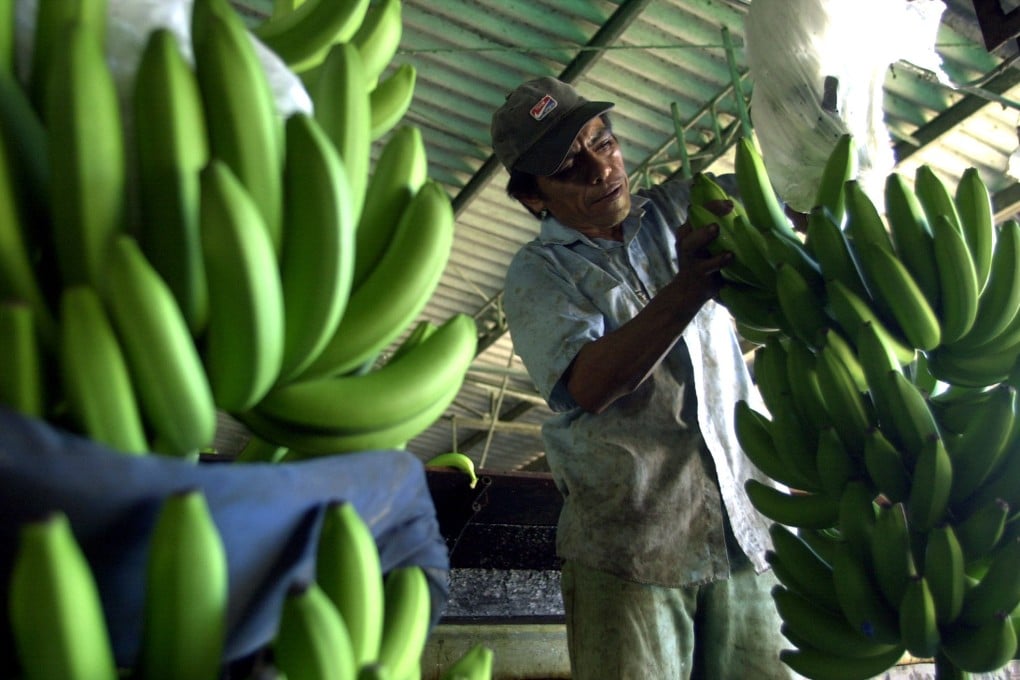My Take | America’s banana imperialism still haunts the world
- US$38.3 million ruling for Colombian victims has been ordered against Chiquita, one of the world’s largest banana producers that traced its dark history back to the infamous United Fruit Company

He wrote this intriguing passage: “Despite contemporary Western misconceptions of there being only one kind of banana, there are actually over 1,000, with most varieties found in Africa and Southeast Asia.”
But why? The history of American imperialism and the US firm the website was named after, United Fruit Company, provided an answer.
In the annals of Western imperialism, no single firm approached the geographic reach and power of the United Kingdom’s East India Company. But United Fruit probably made a close second. No other American firm had been so emblematic of US corporation-driven neo-imperialism and state-sponsored terrorism across Latin America in the last century.
Its contemporary corporate incarnation, Chiquita Brands International, hits the news headlines this week for pretty much the legacy of crimes that made its previous corporate entity infamous.
In a civil suit, a jury in Florida ordered Chiquita, one of the world’s largest banana producers, to pay a total of US$38.3 million to the families of eight victims of the United Self-Defence Forces of Colombia (AUC) – a disbanded right-wing paramilitary group that Chiquita bankrolled from 1997 to 2004 and which the US State Department listed as a terrorist organisation.

